
Exploring the history and evolution of Indian cuisine
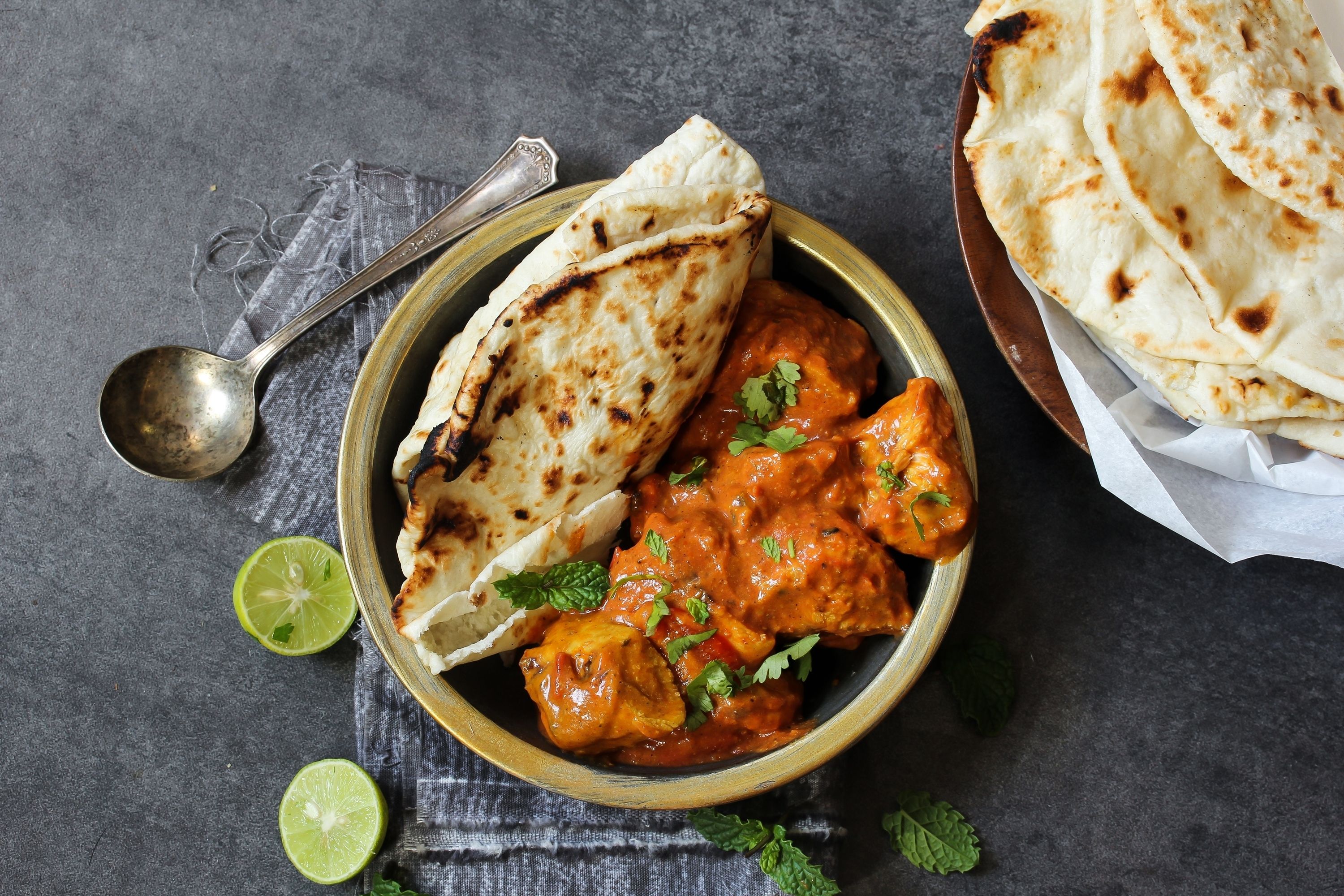
Indian cuisine is one of the world's most talked about and widespread cuisines. The culinary culture we know today is a product of thousands of years of outer influence, colonies and rulers that have resided on this land. Indian cuisine reflects more than 6000-year-old history where communities & culture lead to distinct flavours & regional cuisine. From Harrapan civilisation to the modern-day, our food journeyed a long way & changed over time. Let’s take a look at the timeline of Indian cuisine!
Early history-
The initial traces of agriculture has been recorded in 8000 BCE in north Rajasthan. Mehrgarh is a prehistoric site located in Baluchistan, which shows the earliest evidence of farming & herding in South Asia as per an Archaeological survey. Traces of turmeric, cardamom, black pepper and mustard farming can be seen around 3000 BC in India. That’s how old our farming roots are!
Impact and influence of Indian cuisine-
Did you know that the first mentions of pulao (seen as Pallao in recorded history) have been recorded in the Hindu mythological texts of Mahabharata? Mind-blowing, isn’t it?
In terms of influence, over the years Indian food had an impact on many nations around us, including Thai food. They learnt how to use spices from the Indian subcontinent. The same goes for the Philippines, their cuisine was largely impacted by the evolving Indian food!
Influences on Indian cuisine-
The Arab influence on Indian cuisine had the largest impact and gave us the major part of North Indian cuisine we know today. From tandoor, breads, the introduction of meat cooked in rich curries and the use of fried nuts in food came from this region.
During the Mughal period, the focus on food and art was a huge part of any kingdom. The invention of many dishes such as Galavati kabab for the kind with no teeth, rogan josh, khameeri etc was at its peak.
Colonisation also left a big mark on our food habits. The Portuguese and British during their rule introduced cooking techniques such as baking and foods from the New World and Europe. The new-world vegetables popular in cuisine from the Indian subcontinent include tomato, potato, sweet potatoes, peanuts, squash, and chilli. Most New World vegetables such as sweet potatoes, potatoes, Amaranth, peanuts and cassava-based Sago are allowed on Hindu fasting days. Even cauliflower is now a staple across the country.
Besides this, there were many more factors influencing Indian cuisine. Religion became a huge part of what communities in a locality would consume. Food habits had been governed by religion a long time ago before the Arabs, British or Portuguese. Jainism would prohibit the killing of any living being hence only what is already dead could be consumed. Brahmins had their separate code of conduct and so on.
Globalization of Indian cuisine-
While the conquerors of this land took a part of our food heritage with them, it was not until later that the globalization of Indian food began. It first began when international travel became a possibility for Indians that came from money. They settled all around the world spreading Inidna eating values. During the partition, many people from both sides migrated to the continent of Europe. They settled there and started many Indian restaurants that popularised Indian food throughout Europe. From North-Indian butter chicken and tandoori food, and Bengali fish curries to South-Indian cuisine, the spread of Indian cuisine around the world was no less than wildfire.
Present-day Indian Cuisine-
India currently has over 30 cuisines and a total of 40+ subcuisines that you can find around the country. Each with its own Karisma and style of cooking. We have adopted many foreign cuisines as well and Indianized them on our own terms. Such as the Indo-Chinese cuisine that originated in West Bengal. We adopted Chinese cuisine and put our own personal Indian touch to their food which is now one of the most famous foods of India.
Indian food and culture have now spread beyond our imaginations. The love and support our culinary experts received from the outer world are overwhelming. It is not an overstatement to say that Indian cuisine has won the hearts of billions around the world!
Related Blogs

Meal-Prep Magic: Dinners You Can Plan for the Week
101 Views
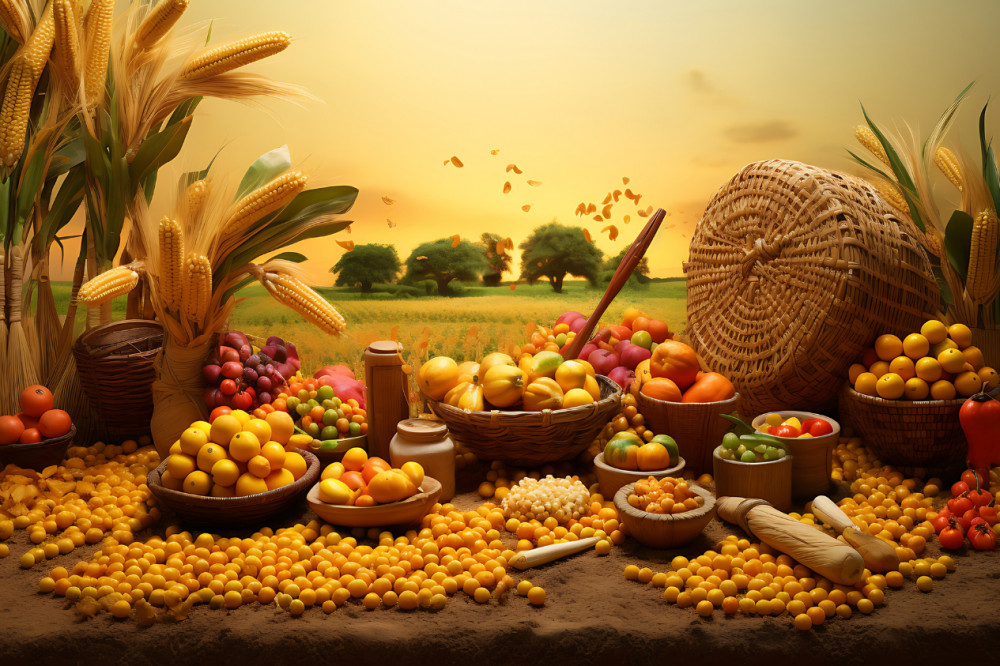
Flavours of Mizoram: The Harvest Table You Need to Try
150 Views
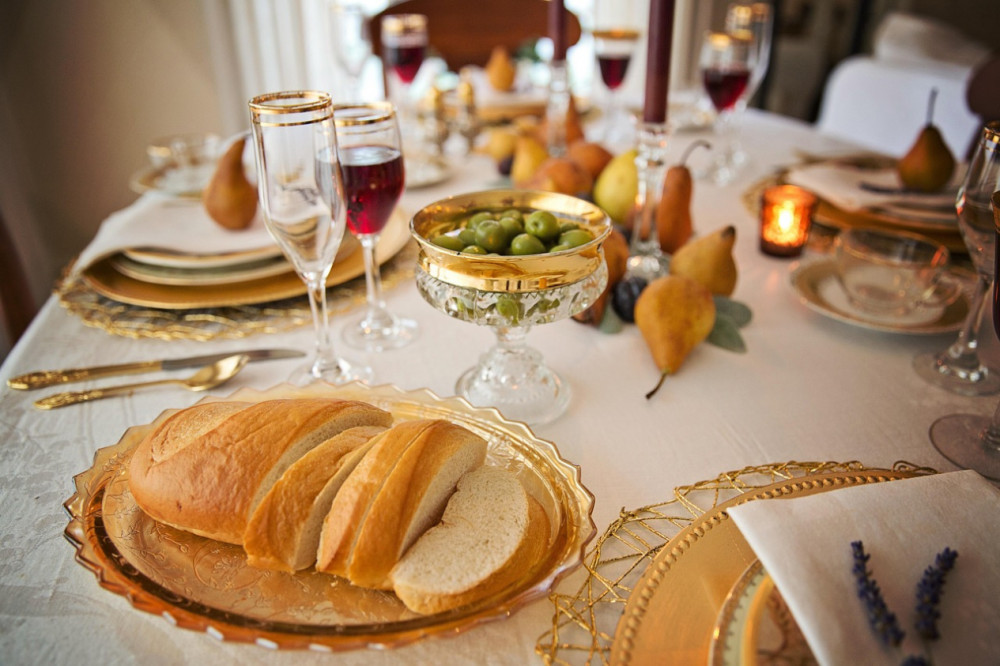
Fusion Thanksgiving: India-Inspired Global Feast
141 Views
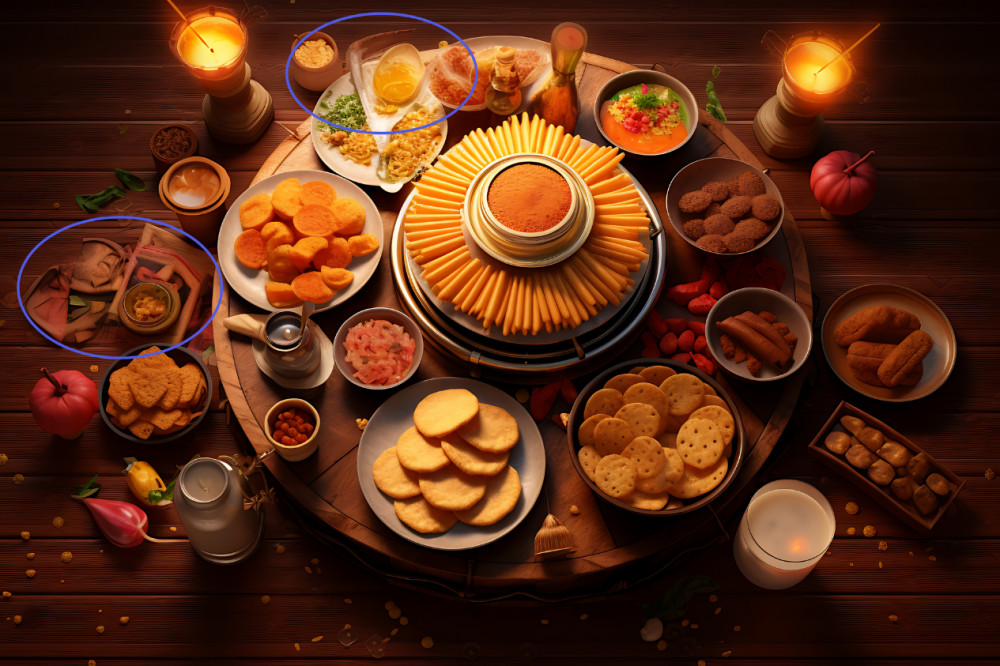
Food Offerings and Festive Plates of Kartik Purnima
261 Views
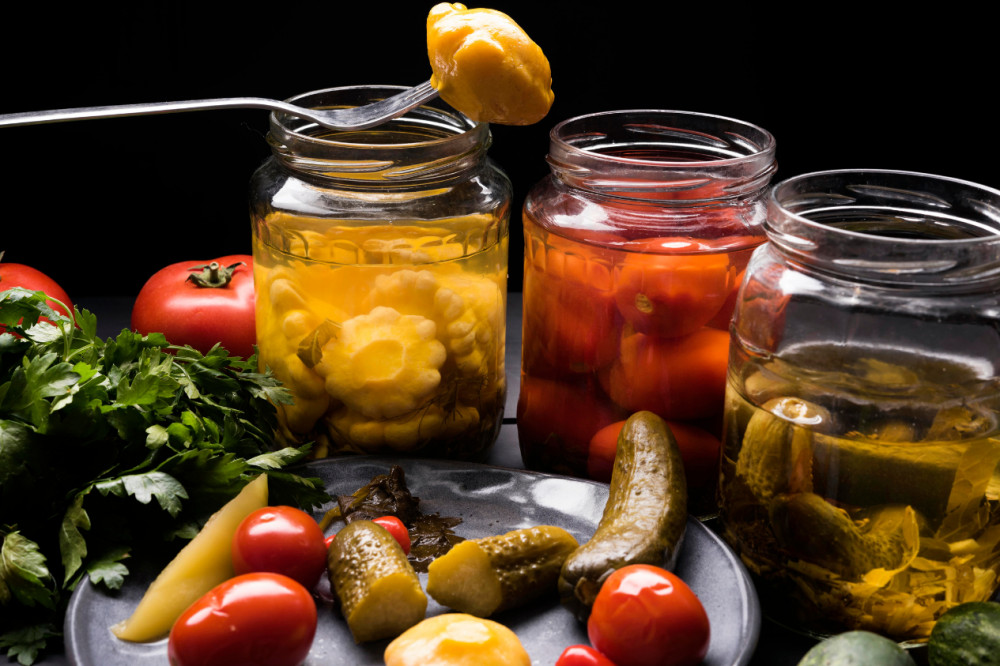
The Science of Ferment: Easy Homemade Fermented Foods
187 Views